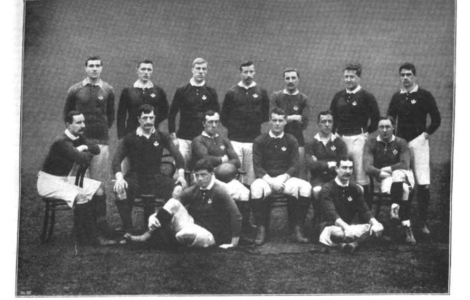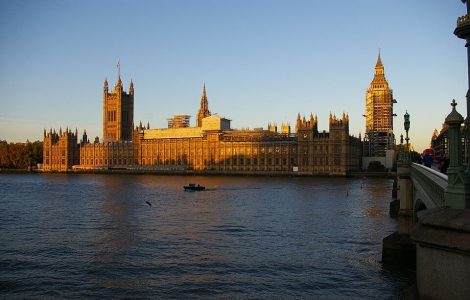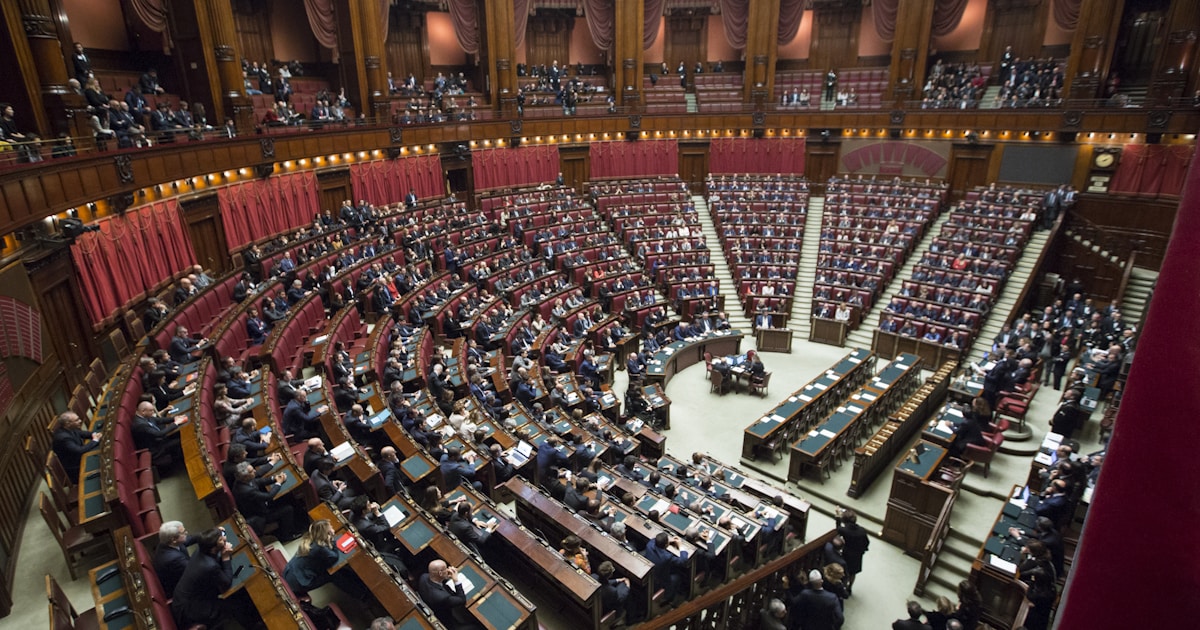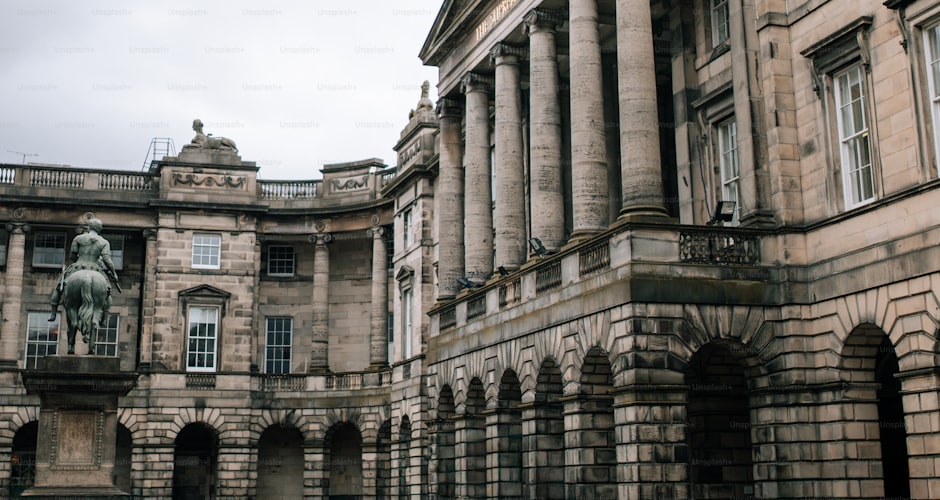News
Inverness high street revival: empty shop units down 30% as independent retailers return
Top Stories
News
Edinburgh tram line to Newhaven sees record passenger numbers in first year of operation
News
Glasgow subway extension to East End gets ministerial approval: work begins 2027
News
Aberdeen harbour expansion creating 500 new jobs as energy sector diversifies
Culture
New BBC Scotland drama begins filming in Glasgow's Merchant City: 6-part thriller set in legal world
Culture
Chvrches announce surprise reunion tour after three-year hiatus
More

Politics
Starmer Faces Difficult Commons Session as Trump Criticism Over Iran Stance Intensifies
Sir Keir Starmer faces a testing session in the House of Commons amid a transatlantic dispute over Britain's response to…
4 Mar 2026 · Gregor Matheson

Business
Oil Prices Hit Highest Level Since 2024 as Iran Conflict Raises Questions for North Sea Industry
Oil prices have surged to their highest level since January 2025 as the conflict in the Middle East raises fresh…
4 Mar 2026 · Duncan Fraser

News
Home Office Halts Visa Routes from Four Countries in Asylum Crackdown with Scottish Implications
Home Secretary Shabana Mahmood has announced a pause on study visa routes for nationals from Afghanistan, Cameroon, Myanmar and Sudan,…
4 Mar 2026 · Gregor Matheson

News
Scottish Travellers Among Those Awaiting UK Government Repatriation Flights from Middle East
The UK government has chartered a repatriation flight from Oman for British nationals seeking to escape the Middle East amid…
4 Mar 2026 · Jamie Crawford

Politics
Scottish Households Face Potential 500 Pound Energy Bill Rise as Iran Conflict Sends Oil Prices Soaring
UK households could see energy bills rise by up to 500 pounds a year as the conflict in the Middle…
4 Mar 2026 · Duncan Fraser

Glasgow
Suspect Charged Over Death of Man Found on Kirkmuirhill Street
A 40 year old man has been charged in connection with the death of Adam Lawson, 39, who was found…
4 Mar 2026 · Gregor Matheson










